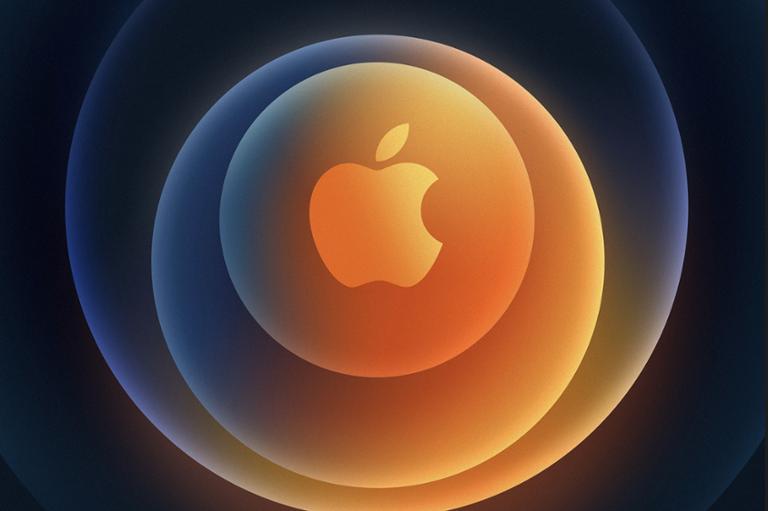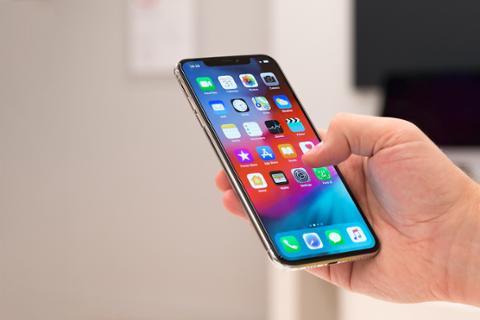Is Apple losing engineers and other valuable technologists due to its hybrid-work policy? Or is something larger—and perhaps more worrisome for the company’s prospects—to blame?
Mark Gurman, the Bloomberg reporter who covers Apple and other tech giants, recently suggested in his Power On newsletter that a number of prominent engineers have left Apple, including leaders on the cloud infrastructure and health A.I. teams. (If you don’t subscribe to Gurman’s newsletter, 9to5Mac has a comprehensive breakdown of this latest edition.)
Gurman offers a few theories behind these reported departures. Given Apple’s high rate of hiring, a certain amount of employee churn is perhaps inevitable. However, there’s also the possibility that technologists are leaving Apple because they disagree with the company-wide hybrid work policy, which will see virtually all employees return to the office for at least a few days per week. Some Apple employees have spent the past few months protesting the end of all-remote work, and maybe a few have chosen to leave for a company where they never need to set foot inside a physical office.
On top of that, Gurman theorizes some Apple technologists might be “less optimistic” about some of the current projects at hand, including the need to revamp the company’s cloud infrastructure, which is vital to its long-term strategy of pivoting to services.
The controversy over Apple’s hybrid-work policy is particularly loud for a company that ordinarily manages to keep internal matters pretty quiet. In July, a group of Apple employees sent a letter to CEO Tim Cook asking for permanent remote work: “Many of us feel we have to choose between either a combination of our families, our well-being, and being empowered to do our best work, or being a part of Apple.” Rather than bowing to those employees’ demands, the company re-emphasized that hybrid work was the way of its future (with a few exceptions that reportedly require executive sign-off).
It’s difficult to tell exactly how many employees within Apple want all-remote work—not to mention how many are willing to leave the company over it—but repeated surveys have found many technologists actually like the idea of hybrid work. In Dice’s Tech Sentiment Report, for example, some 85 percent of technologists found the prospect of hybrid work anywhere from somewhat to extremely desirable—including 94 percent of younger technologists (i.e., those between 18 and 34 years old).
Whether or not hybrid work is the reason behind these Apple technologists’ reported departures, it’s a helpful reminder that companies everywhere will face challenges as they attempt to bring employees back to the office. It may take several policy shifts—and empathetic managers—to get hybrid- and remote-work systems right.
Sign Up Today
Membership has its benefits. Sign up for a free Dice profile, add your resume, discover great career insights and set your tech career in motion. Register now



